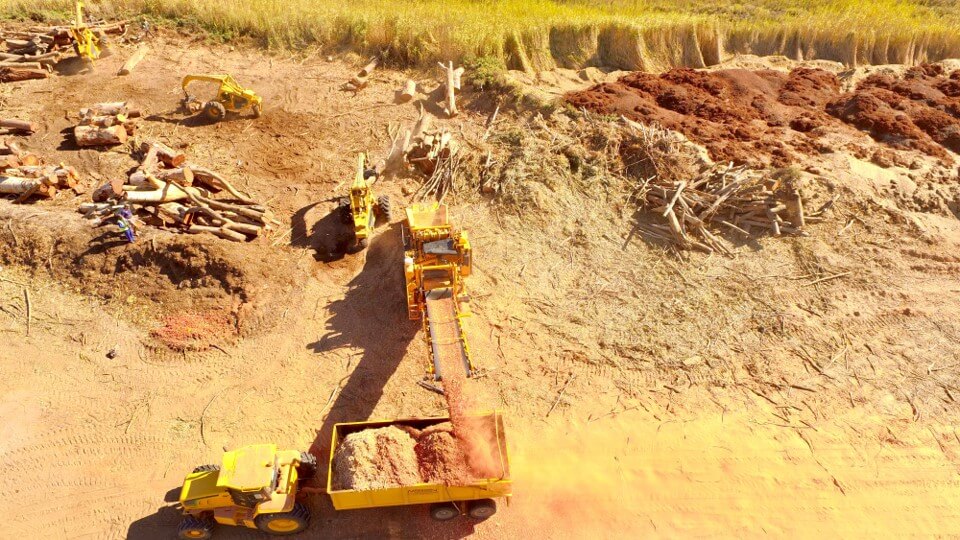In recent years, wildfires’ increasing frequency and severity have highlighted the critical need for proactive measures to manage fuel loads in areas prone to these devastating events. Plantation owners and land managers seek innovative strategies to minimize wildfire risks while promoting sustainable land management practices.
One such strategy gaining traction is mulching—a technique that fosters soil health and plays a pivotal role in reducing fuel loads. In this article, we delve into the advantages of mulching as a fuel load reduction strategy in plantations.
The Importance of Fuel Load Reduction
Fuel loads—accumulations of dry vegetation and debris—act as the primary fuel source for wildfires. In plantations and wooded areas, these fuel loads can accumulate rapidly, escalating the potential for catastrophic fires. Foresters must manage fuel loads effectively to create defensible spaces, safeguard ecosystems, and protect lives and property.
Mulching: A Multifaceted Solution
Mulching in forestry applications acts as a natural moisture regulator, reducing water evaporation from the soil surface. This, in turn, mitigates wildfire risks and helps maintain consistent soil moisture levels essential for optimal plant growth.
Serrat mulchers have proven themselves in several forestry plantations by reducing fuel load risks and eliminating the necessity for herbicides or manual labour when preparing the land to plant new trees.
Implementing Mulching for Fuel Load Reduction
ABC’s expert team provides tailored mulching solutions that suit the specific needs of your plantation. With our state-of-the-art equipment and environmentally conscious practices, we can help you create landscapes that prioritize both safety and sustainability. Make a difference by integrating mulching as a fuel load reduction strategy.
Contact us today to learn how ABC can partner with you in safeguarding your land.









